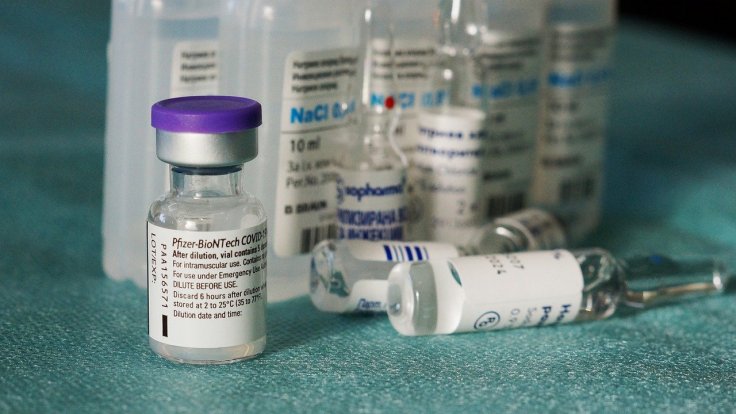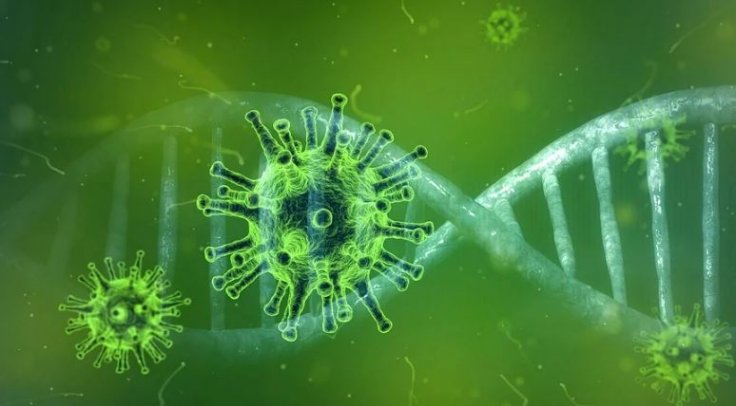The emergence of new Coronavirus variants has been a concern for healthcare experts as there is no clear picture about the effectiveness of current vaccines against these mutated versions. But as per a new study, the South African variant could reduce antibody protection from the Pfizer-BioNTech vaccine.
Many experts have assumed earlier that the new versions of the novel Coronavirus could reduce vaccine efficacy. The new study has shown that the worries are not baseless.
On Wednesday, February 17 the US company Pfizer and its German partner BioNTech said a recent lab study suggested that the variant first identified in South Africa may reduce antibody protection from its mRNA vaccine by two-thirds. Both the companies also noted that it is not clear if the vaccine shot will be effective against the mutation.

However, the study also claimed that the mRNA vaccine was still able to neutralize the novel virus. There is not yet evidence from the human trials that the South African variant reduces vaccine protection, said Pfizer and BioNTech.
But the companies are now talking to the regulators about the development of an updated version of the vaccine or a booster shot if required.
The Lab Study and Findings
The study was conducted by both companies along with the University of Texas Medical Branch (UTMB). For the research, experts developed an engineered virus that contained the same mutations carried on the spike protein of the South African variant—dubbed B.1.351—which is highly contagious.
The researchers tested the engineered virus against blood taken from vaccinated people. As a result, they noticed a two-thirds reduction in the level of neutralizing antibodies while compared to its effect on a common version of the virus widespread in the US trials. The findings of the study were published in the New England Journal of Medicine (NEJM).
Currently, there is no ideal benchmark to determine what level of antibodies are needed to protect against the novel Coronavirus. So, as of now, it is not clear that whether this reduction will make the vaccine ineffective against the South African variant.
According to UTMB professor and study co-author Pei-Yong Shi, the Pfizer-BioNTech vaccine will likely be protective against the variant. "We don't know what the minimum neutralizing number is. We don't have that cutoff line," said Shi. But he suspects that the immune response is likely to be significantly above where it is required to be to protect against the virus.

If the new variant becomes successful in reducing the effectiveness, the COVID-19 vaccine is expected to still protect against severe disease and death, said Pei-Yong. But more research needs to be conducted on the South African variant, as well as clinical trials to understand whether the vaccine will be effective enough or not, said the expert.
However, Pfizer-BioNTech said that they were conducting a similar study to find out whether the mRNA vaccine will be effective against the Brazil variant.
Meanwhile, Moderna published some details which showed a six-fold drop in antibody levels against the South African variant. But the US drug-making company said that the actual efficacy of its mRNA vaccine against the B.1.351 is yet to be determined. But earlier Moderna said it believe the COVID-19 vaccine will work against the new variant.









